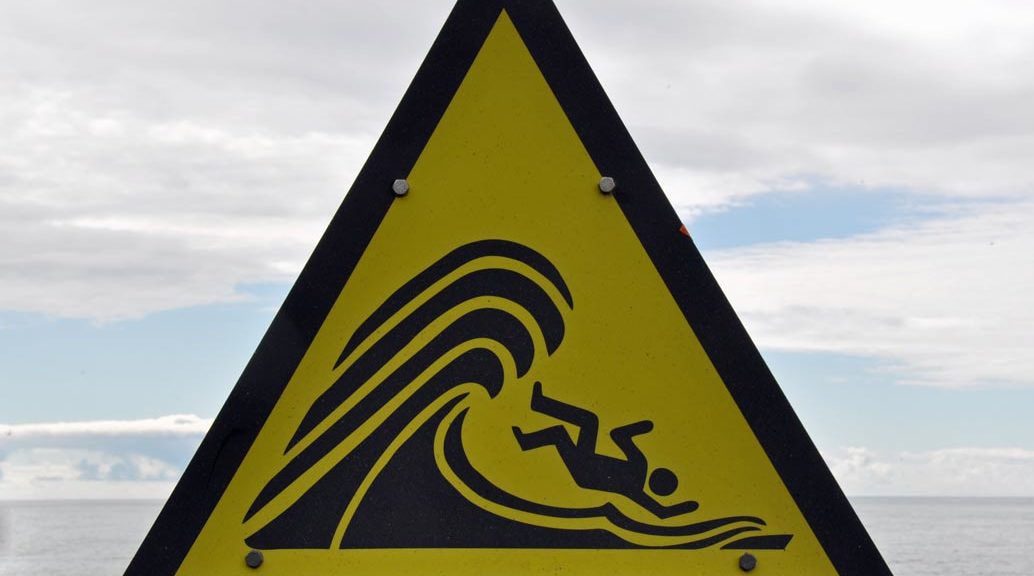There are few things less useful or more commonplace than myths about menstruation, starting with the basic building block idea that women experience a 28 day menstrual cycle.
Seriously? What women, living on what planet? Because I know absolutely no women with a 28 day cycle and I know lots of women.
Saying “women” have a 28 day cycle is a bit like saying “men” have 5 inch dicks and expecting that to mean something.
At best it’s talking about averages, not reality. It doesn’t give any idea of how variable either menstrual cycles or dicks actually are in practice and says nothing at all about how the real life people with said menstrual cycle or dicks actually experience them.
I have never had a 28 day menstrual cycle but for most of my 20s and 30s could be reasonably described as having a 35 day cycle i.e. 4 weeks plus one week of menstruation. As a result each of my pregnancies was automatically calculated by midwives as a couple of weeks overdue, or would have been if we hadn’t adjusted the second time around.
My midwives who could hardly be regarded as ignorant about the whole reproductive system didn’t ask when I missed my period but rather asked for the date of my last period and added 28 days to estimate the missed date to come up with an estimated due date. Since an overdue pregnancy inevitably leads to pressure for inductions or forced labour, it can be an assumption with traumatic consequences.
Unlike many of my friends and one of my daughters, my periods were at least regular as clockwork. For most people the idea of a calendar schedule for periods is more an ambition than a reality. Mostly women have a vague idea of when they’ll start to bleed rather than a firm calendar commitment.
So you may expect a period to start sometime this week, but it could be any day Monday though Wednesday, and each day will require you to be prepared.
For most of my life my periods also followed a fairly straightforward pattern, starting light and never really progressing much beyond. Mostly I had some basic cramps to start with and then nothing. I was lucky. After childbirth my periods became heavier but still relatively easy to manage.
My personal luck meant that I was entirely unprepared for the physical pain my daughters experience with intense cramps, migraines and debilitating blood loss, each and every month. For tiny women, they’re bodies seem pretty extreme. We rapidly acquired paracetamol, ibuprofen, endless hot water bottles and lots of pairs of black pants.
Of course my honeymoon period eventually ended and my physical life fell off the menopausal cliff not that long ago. Whilst I remain relatively regular and true to the 35 day cycle, there is no saying from month to month what that cycle will entail, whether a barely noticeable breakthrough bleeding or full out flooding with enough force to send a tampon shooting out of my vagina with a sudden flush of blood.
Other symptoms come and go, from hot feet at night through to a burning sensation on my skin at the beginning of my period and an almost permanent deadening sensation of the nerves on one side of my hips. My belly now becomes tender and distended with water retention just before a period such that I sometimes feel as if I’m about to burst.
More generally, I’m physically also less coordinated, my timing just slightly off when it comes to playing tennis if I don’t focus very deliberately and intellectually I can be a bit distracted when playing a game such as bridge.
And obviously there will be plenty of people who regard all of this as an entirely personal issue to deal with but….
This stuff happens to 52% of the population. It isn’t an individual issue but one that impacts that majority of people in society directly and everyone indirectly, so it seems a bit silly to suggest that it isn’t everyone’s issue or that we shouldn’t talk about these things.
At the very minimum we should be clear when we’re talking about averages and expectations when applying to them to more than half of the population and at least acknowledge the variation that can render such assumptions as useful as any other myth or fairy tale.






